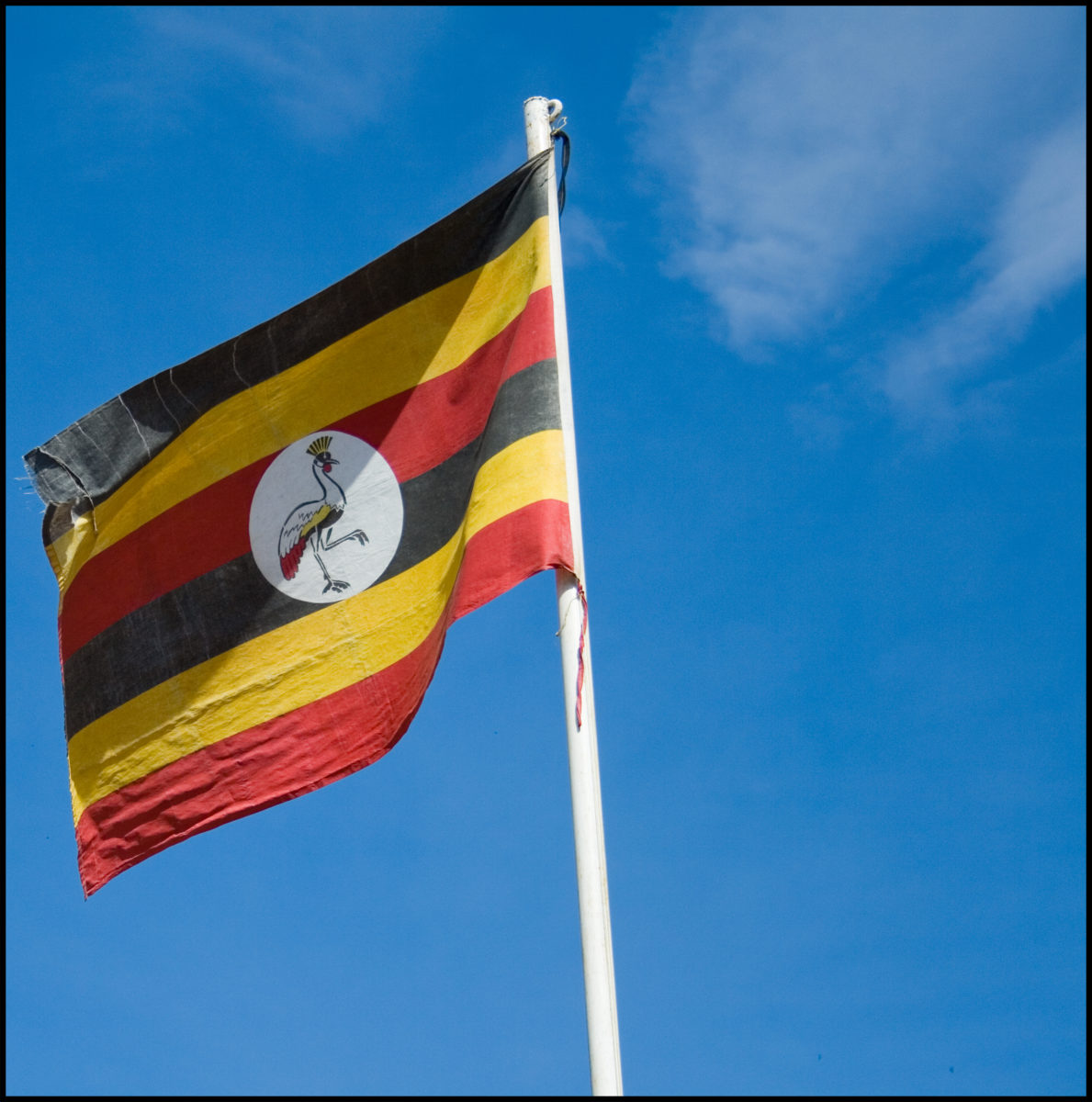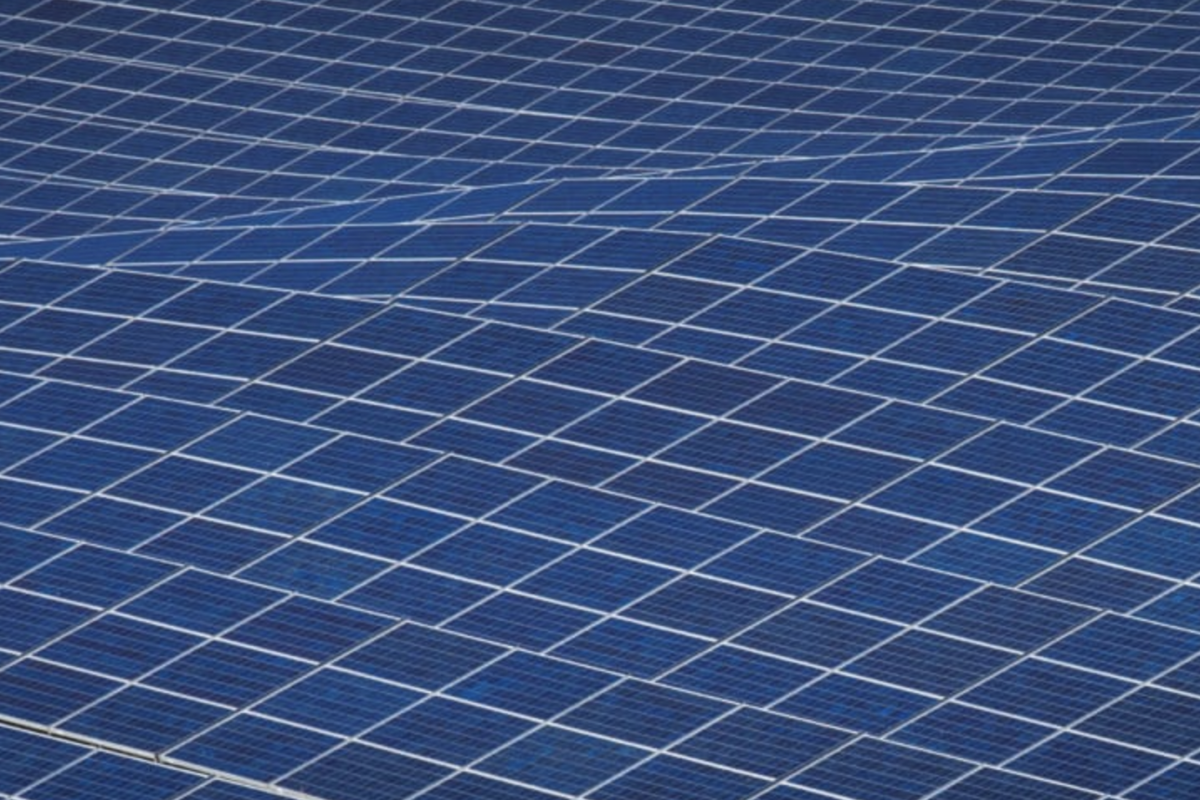Uganda is planning further moves to improve the share of solar and renewables in its energy mix. The country’s Ministry of Energy and Mineral Development, and the government-run Rural Electrification Agency have issued a joint request for Expressions of Interest to seek support for the creation of their Decentralized Renewables Development Program.
The program includes two main actions aimed at bringing solar to Ugandan homes and businesses: the launch of an off-grid master plan for the electrification of islands on Lake Victoria; and the creation of a pilot scheme for solar net metering.
As for net metering, selected consultants will have to identify suitable sites to install pilot solar PV rooftop systems on public buildings, and to draft regulations, legislation and standards required to scale-up net metering. Bids must be submitted by November 1, 2018.
Uganda’s solar energy development has so far comprised the construction of a 10 MW solar plant built with funding from the EU-Africa Trust Fund’s GET FiT (Global Energy Transfer Feed in Tariff) Solar Facility, off-grid projects, and mini-grids. Furthermore, Power Africa, a U.S. Government-led initiative, announced in February the launch of the Power Africa Uganda Electricity Supply Accelerator, an US$11 million activity that will support the Government of Uganda’s electrification goals.
The Sub-Saharan country, according to a report recently published in the International Journal of Scientific and Research Publications, has very strong potential for solar, with 5-6 kWh M² radiation, seven hours per day on flat surfaces. Only 22% of its population, however, currently has access to electricity.
The government is currently looking to raise power generation capacity to 1,500 MW by 2020, from the current 947 MW. Of this capacity, 645 MW comes from hydropower and 101.5 MW from thermal power plants, with the remaining capacity coming from the Power Africa initiative.
The report further reveals that the Rural Electrification Agency estimates that so far over 30,000 solar PV systems have already been installed in rural areas in the country.
This content is protected by copyright and may not be reused. If you want to cooperate with us and would like to reuse some of our content, please contact: editors@pv-magazine.com.




By submitting this form you agree to pv magazine using your data for the purposes of publishing your comment.
Your personal data will only be disclosed or otherwise transmitted to third parties for the purposes of spam filtering or if this is necessary for technical maintenance of the website. Any other transfer to third parties will not take place unless this is justified on the basis of applicable data protection regulations or if pv magazine is legally obliged to do so.
You may revoke this consent at any time with effect for the future, in which case your personal data will be deleted immediately. Otherwise, your data will be deleted if pv magazine has processed your request or the purpose of data storage is fulfilled.
Further information on data privacy can be found in our Data Protection Policy.